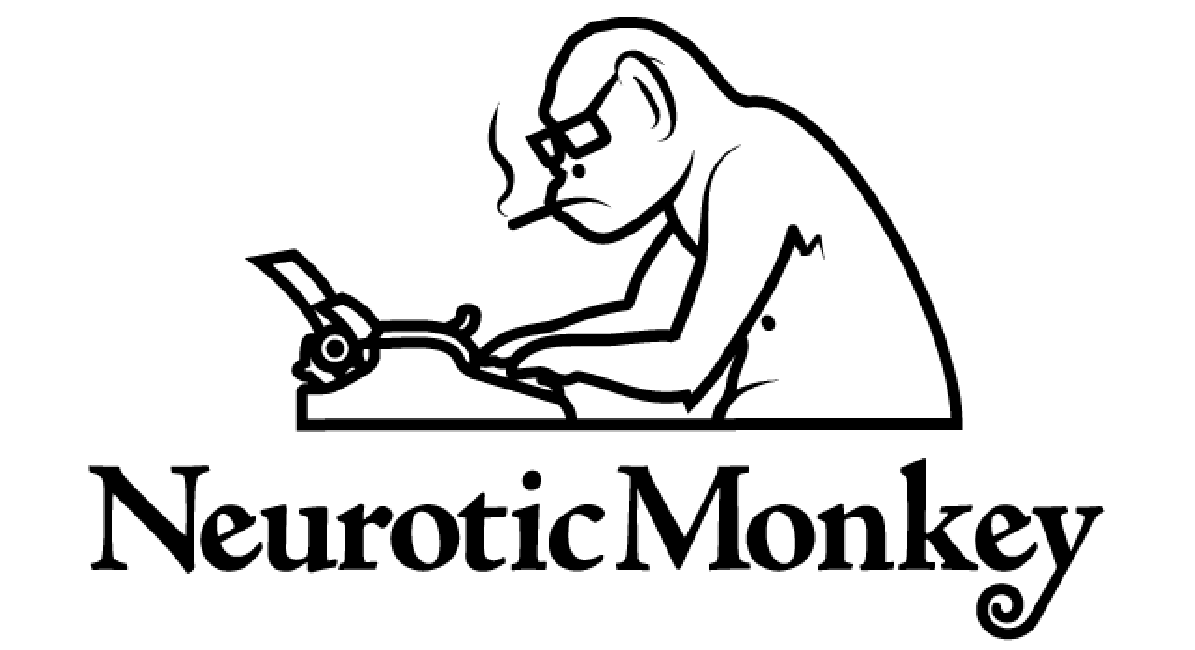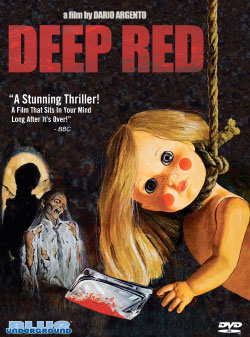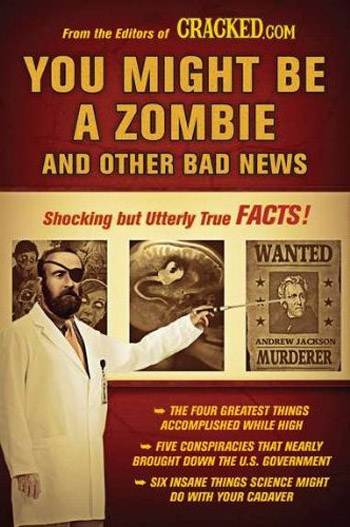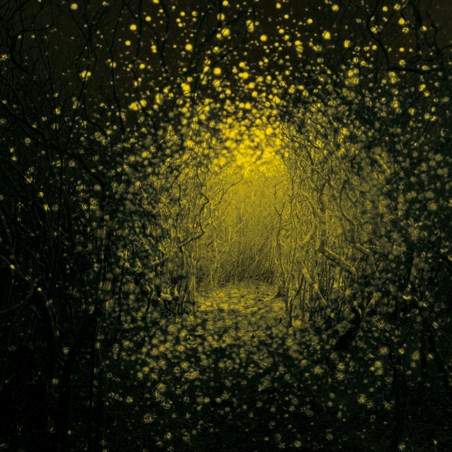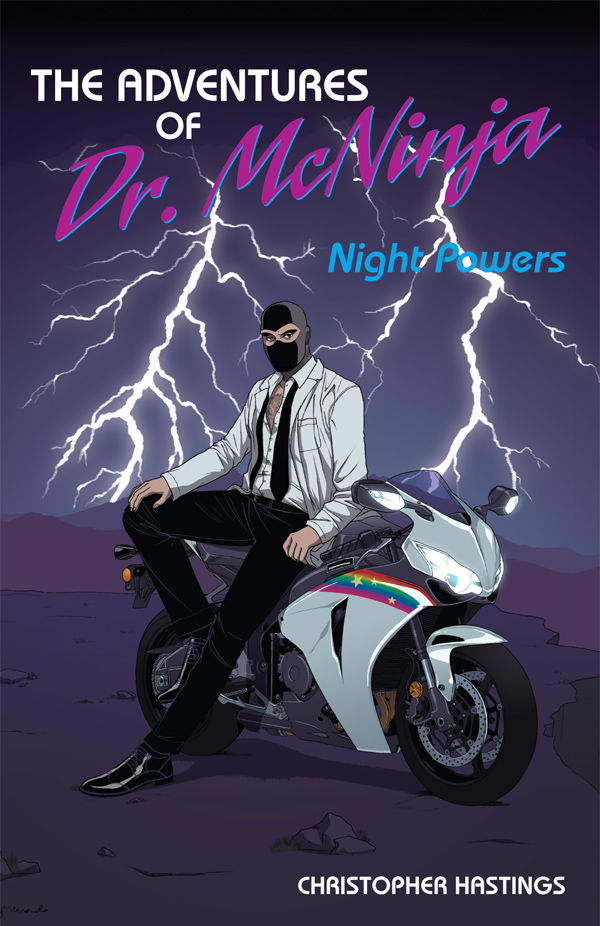Entries in Monkey See, Monkey Review (2)
Monkey See, Monkey Review: The Box (2009)
 Rob Dean On
Rob Dean On  Tuesday, March 16, 2010 at 3:17PM
Tuesday, March 16, 2010 at 3:17PM Where's the dividing line between allowing an artist free rein to tell his story and the need for some sort of structure to organize that story? Some people work great completely unfettered, giving form to every thought that gestates in their fevered brain. Tarantino seems like a writer who can go off on multiple tangents, mash-up various genres and tones, and yet it all feels like a cohesive whole (Death Proof notwithstanding). These are the iconic artists who, when left to their own devices, create works of such beautiful originality and innovation that you just want them to seclude themselves from the rest of the world and continue dreaming up more unique visions.
 Then there are those that need to be pushed and restrained. It's a hard balance to strike between stifling an artist's vision and giving him boundaries that he has to work within. Book writers tend to be the ones with the most freedom, as it's solitary work that doesn't necessitate a lot of different components, departments or contributions. Movies, on the other hand, tend to be the one with that most precarious of balance - as there are so many different people working on a movie, each with his own vision, with her own motivation for seeing the film succeed. But out of these hardships can come some great stories. Jaws would probably be terrible if the mechanical shark hadn't malfunctioned, therefore resulting in a much more menacing approach to the titular monster. Certain restraints can force an artist to narrow her vision, or to be more clever and resourceful to work around whatever obstacles are placed in front of her.
Then there are those that need to be pushed and restrained. It's a hard balance to strike between stifling an artist's vision and giving him boundaries that he has to work within. Book writers tend to be the ones with the most freedom, as it's solitary work that doesn't necessitate a lot of different components, departments or contributions. Movies, on the other hand, tend to be the one with that most precarious of balance - as there are so many different people working on a movie, each with his own vision, with her own motivation for seeing the film succeed. But out of these hardships can come some great stories. Jaws would probably be terrible if the mechanical shark hadn't malfunctioned, therefore resulting in a much more menacing approach to the titular monster. Certain restraints can force an artist to narrow her vision, or to be more clever and resourceful to work around whatever obstacles are placed in front of her.
So where does one stake the marker between limitations and censorship? Between helpful collaboration and smothering corporate oversight? How does one determine what would be best for his work - to listen to the voices of others or to go it alone? How can an artist tell when to rein it in and when to push as far as you can?
I don't know the answers to these questions and, judging by Richard Kelly's oeuvre, he doesn't either. Kelly first burst onto the scene with Donnie Darko - a great, odd little indie film seemingly tailor-made for today's brand of confused emo and goth kids who all want their own slice of weirdness pie. Combining all manner of fringe concepts and interests wrapped up in a well-shot package delivered with quasi-intelligent - or is that just purposefully? - dialogue, Donnie Darko was a truly unique film that seemed to announce a new talent had arrived in the form of Writer/Director Kelly.
But then things got worrisome...
Monkey See, Monkey Review - "Cloudy With A Chance of Meatballs"
 Rob Dean On
Rob Dean On  Tuesday, January 19, 2010 at 3:00PM
Tuesday, January 19, 2010 at 3:00PM  Original Cover to the Book
Original Cover to the Book
Childhood nostalgia is a tricky thing. Cater to it too much, and you become an obsessive completist stuck in the past and unable to appreciate any new approaches or nuances to familiar subject matter. Disregard it too much and you risk alienating and offending people who loved the subject matter in the first place.

